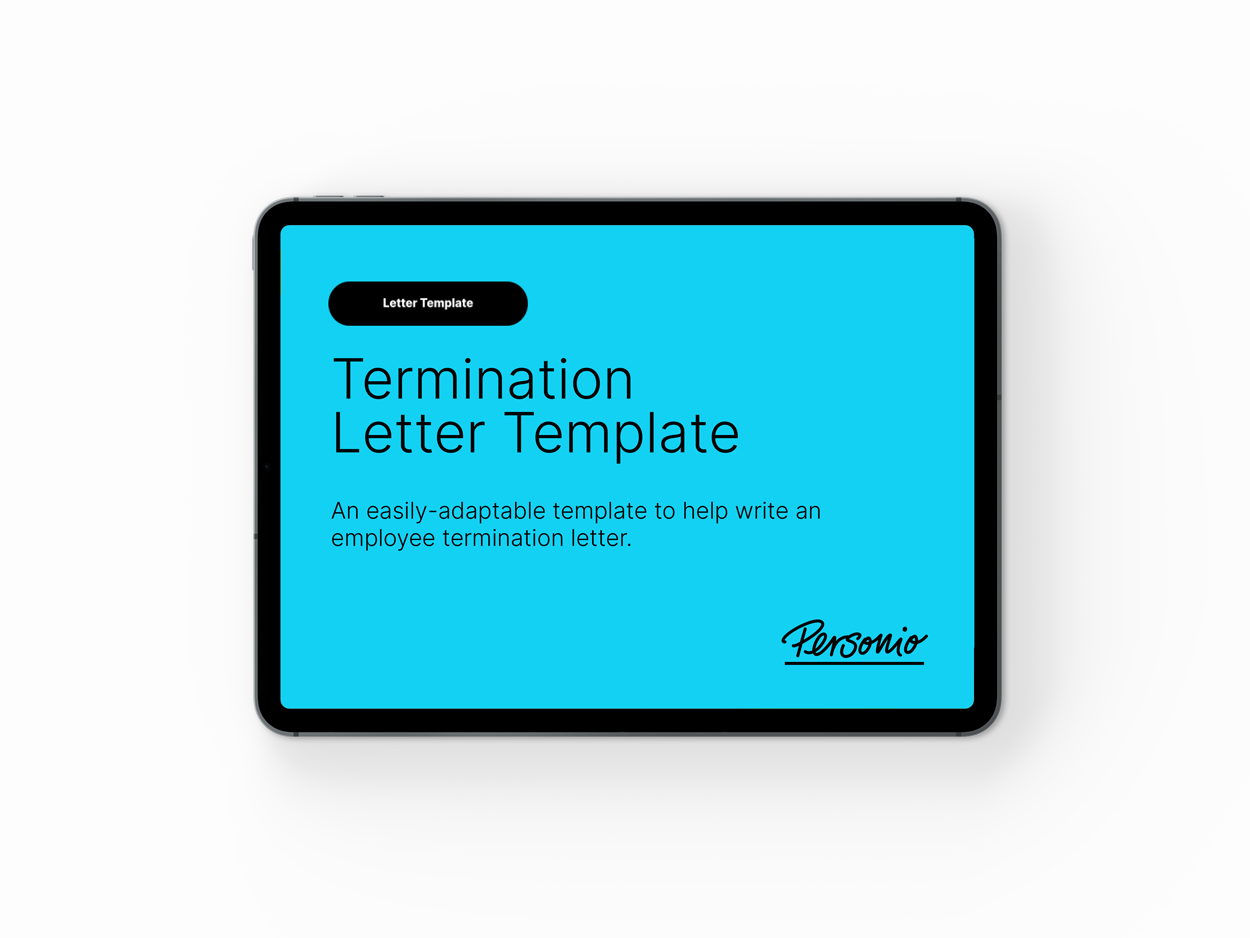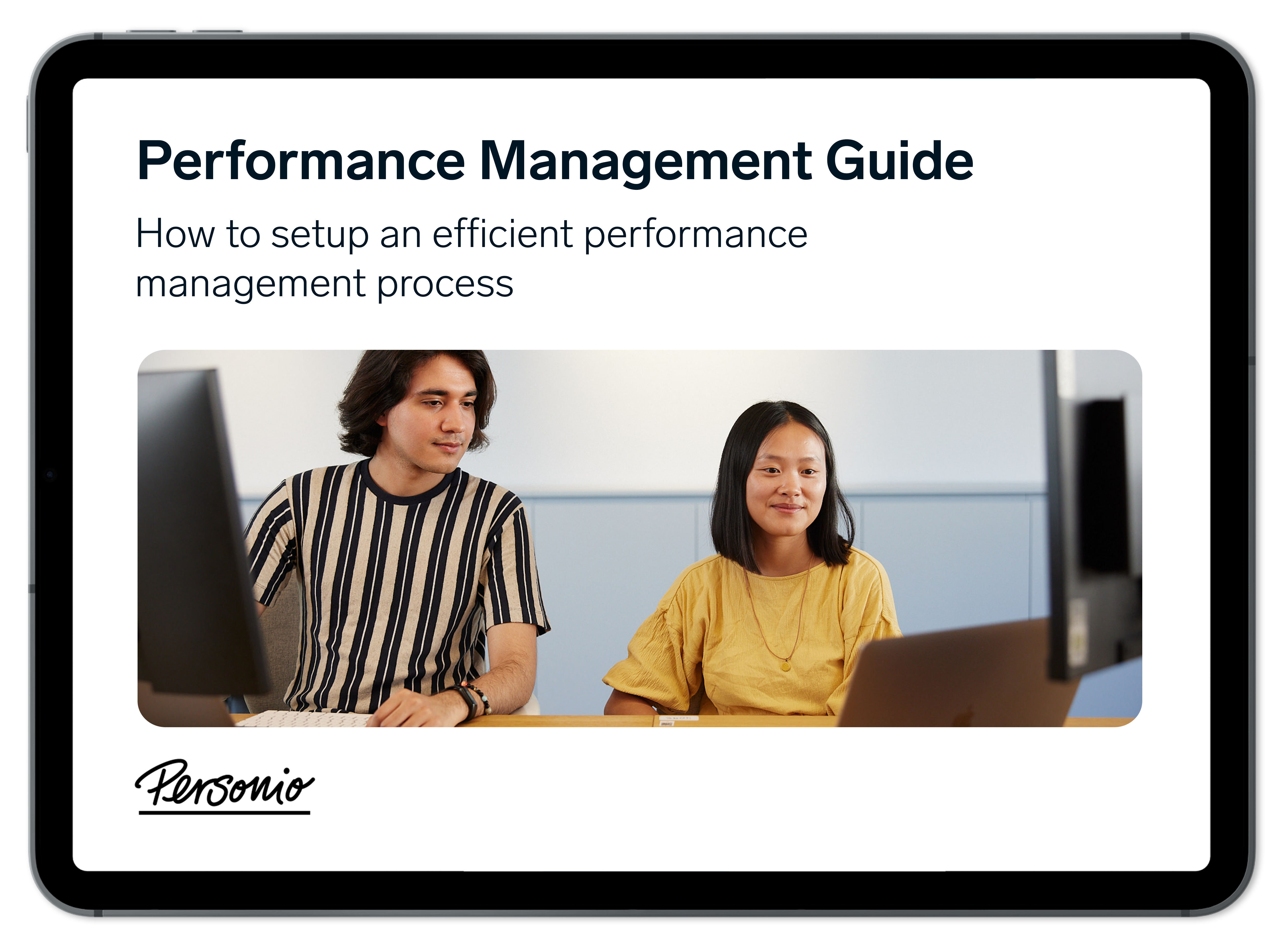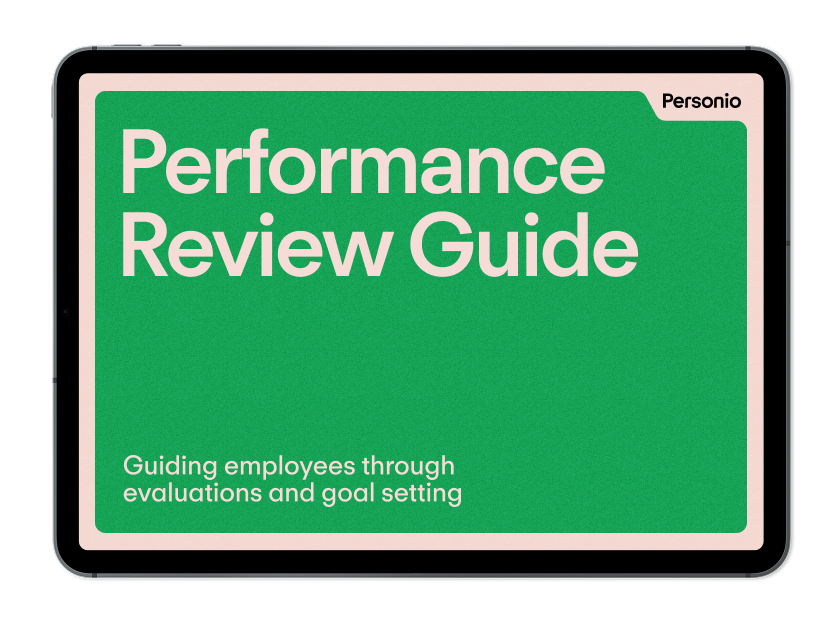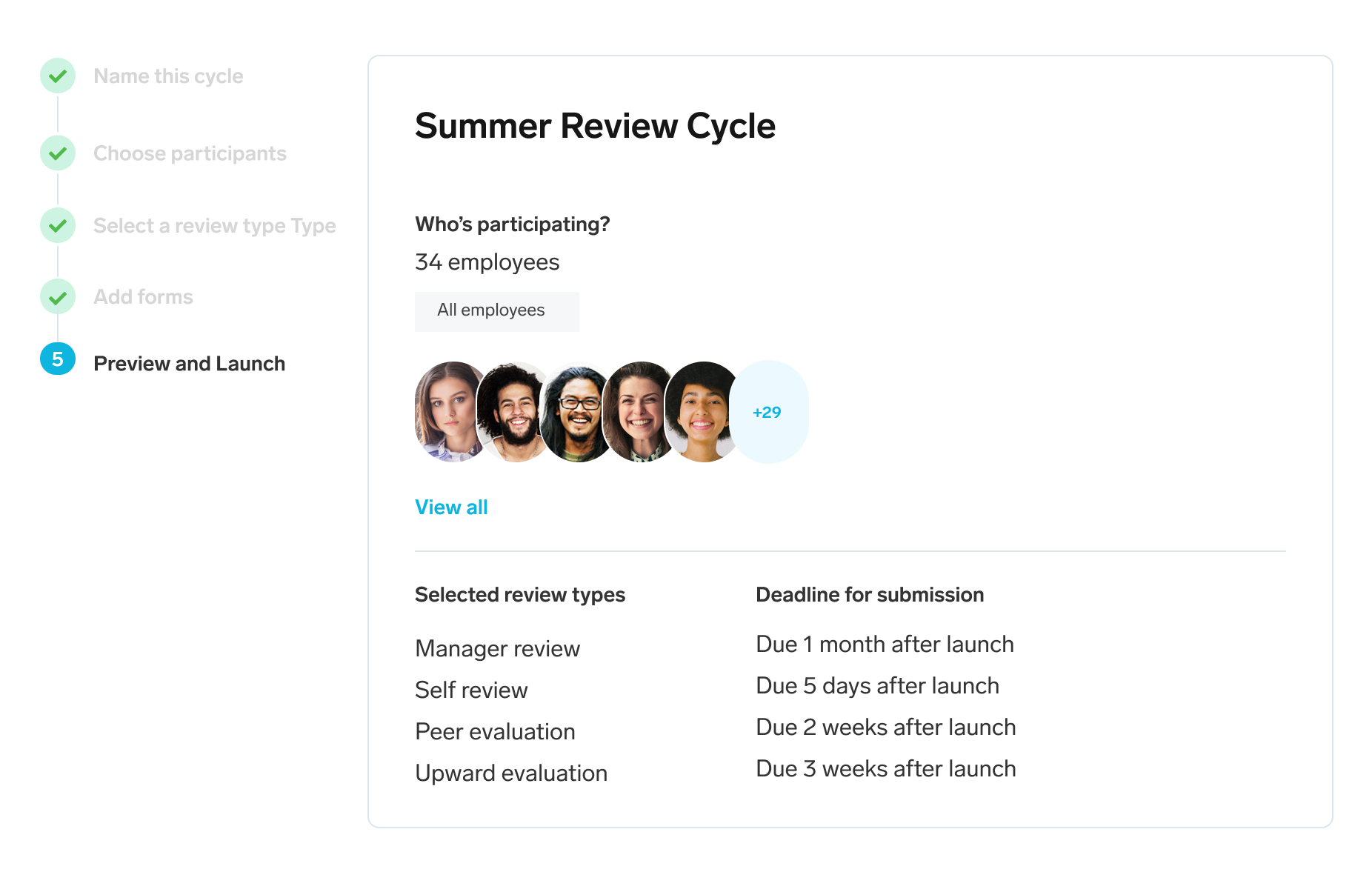Dismissal During Probationary Period: What You Need To Know

If it’s clear a new hire isn’t working out, dismissal during the probationary period can be more complicated than your typical dismissal. After all, dismissals are not something that companies should take lightly. Here’s what you need to know.
Key Facts
Dismissal during an employee’s probationary period should be a last resort.
Probationary employees are still entitled to statutory rights outlined by UK employment laws.
Terminated probationary employees can bring their case before an employment tribunal if they believe they’ve been discriminated against.
Contents
- 1What Are an Employee’s Rights During the Probationary Period?
- 2Can Employees Be Dismissed During Their Probationary Period?
- 3What Are Some Fair and Unfair Reasons for Dismissal?
- 4Unfair Dismissal Claim
- 5Frequently Asked Questions About Dismissal During an Employee’s Probationary Period
- 6Early Stage Dismissal: Protection for Employee and Employer
What Are an Employee’s Rights During the Probationary Period?
No specific employment law governs the framework of a probationary period; businesses can even elect to exclude it altogether. However, even if your company does use probationary periods for training purposes, it doesn’t mean those employees don’t have rights. You must still pay them their fair salary and give them the paid time off outlined by UK employment laws.
There are also rules surrounding the dismissal itself. Probationary employees are protected against unlawful discrimination and can bring their cases before a tribunal if they feel they were terminated unfairly.
Can Employees Be Dismissed During Their Probationary Period?
Companies can dismiss employees during their probationary period at any time, though most employers tend to make a decision closer to the end of that period to give the employee time to improve. However, there are circumstances where employees are removed in the middle of their probation, usually when there’s a glaring conflict between them and the company.
Remember, a probationary period is a trial employment that helps new hires learn your company’s operations. It familiarises them with the typical responsibilities of their new role and helps kickstart their productivity once they’ve officially entered their position.
While they’re learning, a probation review lets you assess employees in real time as they navigate the workplace. You may find that employees don’t live up to expectations as set in the interview, or they may not fit in with your company culture. Training employees is expensive, and you don’t want to waste resources on new hires that won’t stay long term.
Employment laws don’t specify how long probation periods should be, but you must give an employee notice before dismissal. Specifically, the statutory notice period is one week if a staff member has worked for your business for at least a month.
It’s also standard practice to give them a chance to appeal the decision as part of the dismissal process. Although it may be better to offer the option to appeal if termination is particularly difficult or if your employment contract doesn’t outline a process.
Download Now: Our Termination Letter Template

Serve notice the right way, with a termination letter that clearly communicates dismissals to employees. Download our helpful template today.
Download NowWhat Are Some Fair and Unfair Reasons for Dismissal?
Employees can open an unfair dismissal case against your company thanks to worker protections in UK employment law. You aren’t required to follow many of the typical procedures when firing an employee during their probationary period.
However, having a fair procedure for these situations helps protect your business from legal action, as does knowing what the law considers fair and unfair reasons for dismissal.
Fair Reasons for Dismissal
Inability to perform the job. Employees’ performance suffers because they can’t acclimatise to new industry innovations or get along with their colleagues, making them a disruption to company operations.
Poor or unacceptable conduct. Employees who are continually late, show poor discipline, steal from the office or drink on company time are violating the terms of their employment contract.
Gross negligence. If the new hire has total disregard for their position and for others in the workplace, that is a fair reason for dismissal.
Sickness or absenteeism. Employers can dismiss workers if an illness has kept them away from work for an extended period. This is only fair if the company reasonably accommodates the employee’s recovery.
Redundancy. Dismissing employees if their position becomes unnecessary due to company downsizing is lawful. It’s also lawful if new technology makes their role obsolete.
A statutory restriction. An employer can dismiss an employee during a probationary period if keeping them employed would violate UK law.
Unfair Reasons for Dismissal
There are several automatically unfair dismissals outlined within UK employment law. You are not allowed to terminate an employee’s contract for the following reasons:
The employee becomes pregnant during their probationary period.
They bring up a health and safety issue.
They’re a union member or participate in union activity.
They’ve asked for something within their legal rights, such as paid sick leave or minimum wage.
They report someone within your organisation for criminal activity.
They are being dismissed due to their age, race, gender, sexual orientation or other protected class.
Unfair Dismissal Claim
An unfair dismissal claim is when employees appeal to their dismissal as unwarranted or discriminatory. There are two ways that employees might challenge their termination.
One, they’ll go through your company’s official appeal process or two, take their case up with an employment tribunal. Probationary employees tend only to have the former as an option because the latter requires two years of employment at your company.
However, that restriction doesn’t apply to discrimination of any sort. Those are considered automatically unfair dismissals and allow an employee to open a discrimination claim against your company from day one.
While you’re not required to provide probationary employees with an appeal process, having one can help protect your company from more serious challenges or legal action. It allows them to voice their objections to the decision and give those protests due consideration, which helps if they decide to escalate the issue.
A Closer Look at Performance Management

What does it take to truly revitalise your performance processes? Download our guide for some help.
Download NowFrequently Asked Questions About Dismissal During an Employee’s Probationary Period
Can You Dismiss Someone During Their Probationary Period?
Yes. Employers can dismiss probationary employees as long as their reasons are fair.
What Are the Grounds for Dismissal During a Probationary Period?
A few things that can cause an employee’s dismissal during their probationary period includes:
Poor employee performance that’s unlikely to improve
Clashing with their colleagues or the company’s standard operating procedures
Industry changes that make their position redundant
Illness that keeps them away from work for an extended period
Continuing to employ them would be against the law
Can a Dismissal in a Probationary Period Be Challenged?
Yes. Probationary employees can challenge a dismissal through the company’s appeal process. They can only bring their case to a tribunal if they have been discriminated against.
What Are Some Unfair Reasons For Dismissal in a Probationary Period?
You cannot dismiss an employee who becomes pregnant, someone who participated in union activities or if they asked for something within their rights as an employee, such as wages or guaranteed benefits. You also cannot dismiss someone for reporting criminal activity within your organisation or if they mention a health or safety issue.
How Do You Dismiss An Employee During Their Probationary Period?
The recommended steps for dismissing an employee during their probationary period are as follows:
Hold a meeting. During this meeting, you’ll inform the employee that the organisation is considering termination. Use this time to detail the issues and lay out steps to improve. Be sure to bring evidence of your concerns if relevant.
Make a decision. If they have still not improved after the initial meeting and your reasons for dismissal are fair, you can move forward with dismissal. Provide a copy of your findings in writing.
Set an appeal date. Inform the employee that they have the right to appeal and set a date and time for this appeal.
Early Stage Dismissal: Protection for Employee and Employer
Early dismissals are one of the most difficult of the common HR practices. After all, letting an employee go is never easy; many businesses try everything possible to keep skilled staff on the payroll. But sometimes it’s unavoidable, and if it must happen, it’s better to happen in the probationary period.
That way, employees don’t enter a role they’ll struggle with, and employers don’t spend more resources than they must on someone who wouldn’t stay long term.
However, dismissal should be a last resort because you never know what issues a simple probationary review and action plan might solve.
Disclaimer
We would like to inform you that the contents of our website (including any legal contributions) are for non-binding informational purposes only and does not in any way constitute legal advice. The content of this information cannot and is not intended to replace individual and binding legal advice from e.g. a lawyer that addresses your specific situation. In this respect, all information provided is without guarantee of correctness, completeness and up-to-dateness.

